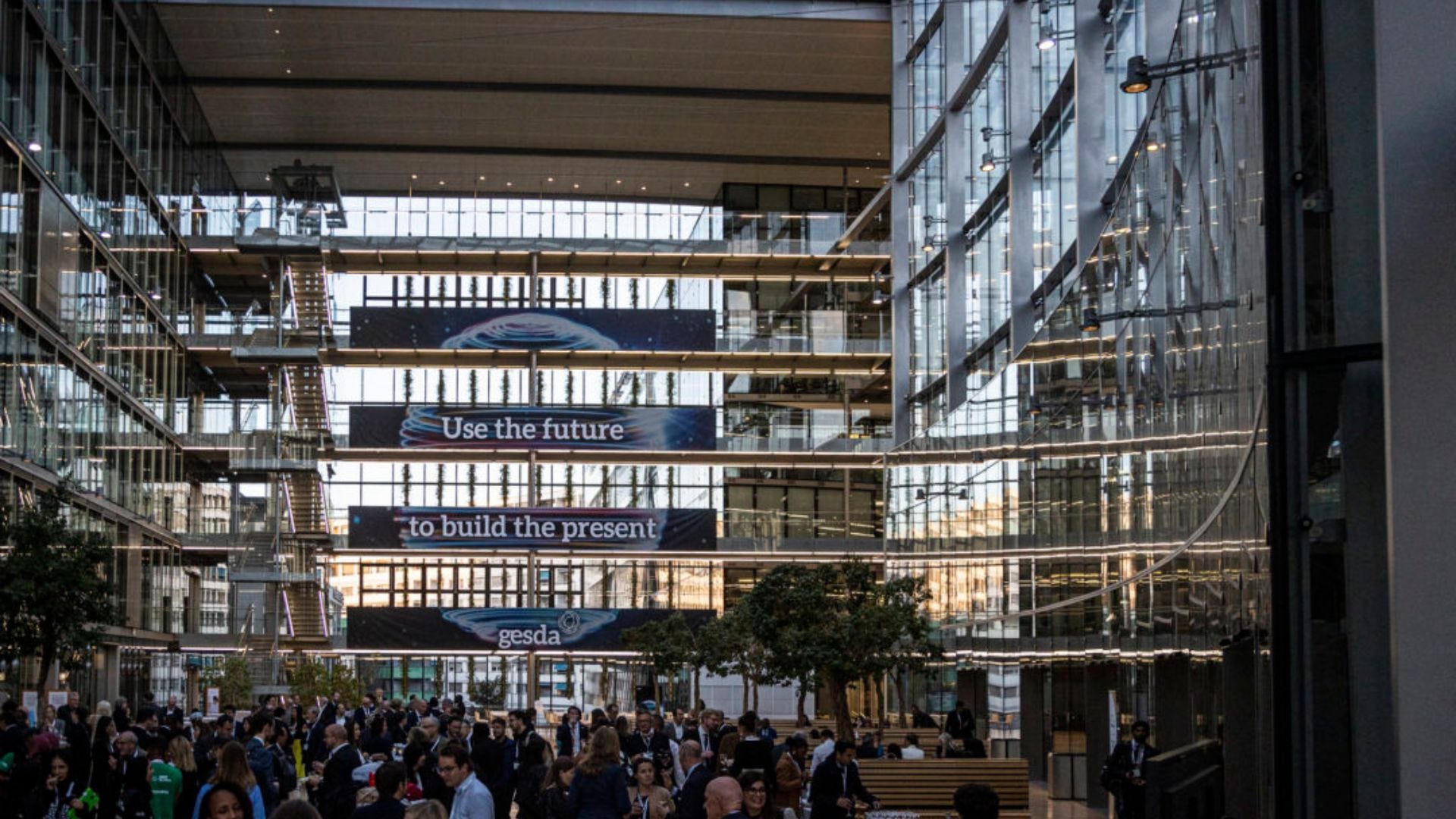UN Security Council Examines Science's Impact on Global Security at GESDA Foundation
Discussing the vital intersection of emerging scientific advancements and international peace and security
Members of the United Nations Security Council visited the Geneva Science and Diplomacy Anticipator Foundation (GESDA) at Campus Biotech in Geneva on Monday to discuss the vital intersection of emerging scientific advancements and international peace and security. This visit was part of a broader invitation extended by Switzerland, commemorating the 75th anniversary of the 1949 Geneva Conventions.
The meeting brought together influential figures from diplomacy, science, and technology, emphasizing the growing importance of science anticipation in addressing global security challenges. Swiss State Secretary Alexandre Fasel, representing Switzerland as a GESDA co-founder, opened the discussions by reaffirming Switzerland’s commitment to advancing the multilateral agenda through science diplomacy.
Prominent GESDA board members, including Henrietta Fore, former UNICEF executive director and USAID director, and Michael Hengartner, chairman of the GESDA Academic Forum and the ETH Board, played a key role in outlining how fast-accelerating technological advancements are poised to reshape global security landscapes. They specifically highlighted fields such as artificial intelligence, quantum technologies, synthetic biology, and neurotechnology as areas that could significantly impact international security over the next five, ten, and twenty-five years.
During the discussion, Fore emphasized the necessity of anticipating scientific breakthroughs to mitigate potential security threats, noting that the convergence of AI with other scientific domains is expected to accelerate both opportunities and risks in the coming decade. Hengartner provided insights into the transformative potential of quantum technologies, focusing on their implications for encryption, cybersecurity, and military logistics. He also introduced GESDA’s “Quantum for All” initiative, which aims to democratize access to quantum computing, ensuring its benefits are not confined to a select few nations.
The conversation further delved into the dual-use nature of advancements in synthetic biology and neurotechnology. While these fields hold promise for addressing global challenges such as climate change and medical innovation, they also introduce new risks, including the potential development of bioweapons and cognitive warfare.
The meeting concluded with an interactive question-and-answer session, where attendees explored the implications of these scientific advancements on peace and security, underscoring the necessity of proactive anticipation and collaboration in this rapidly evolving landscape.





